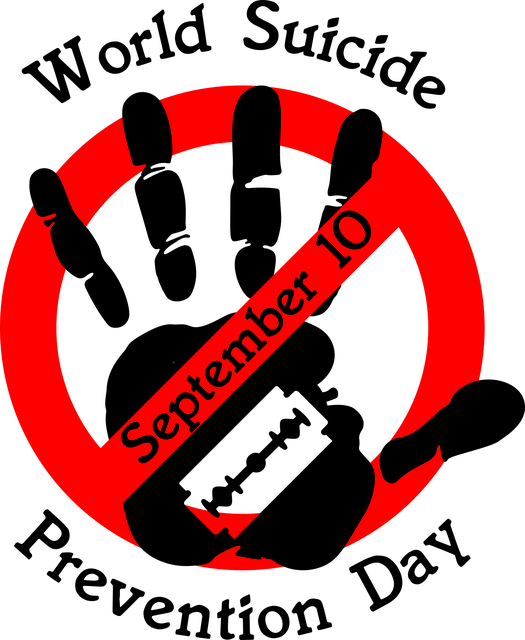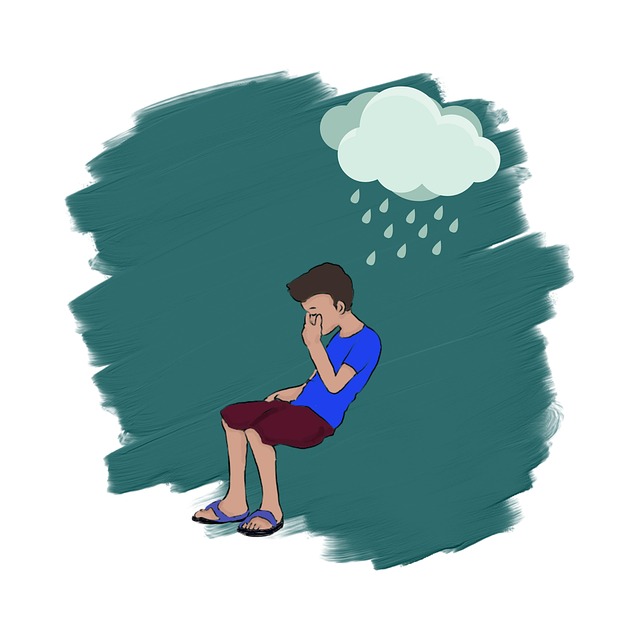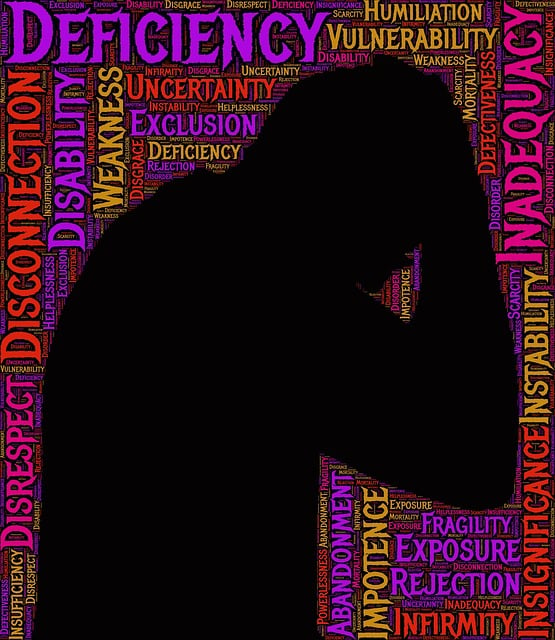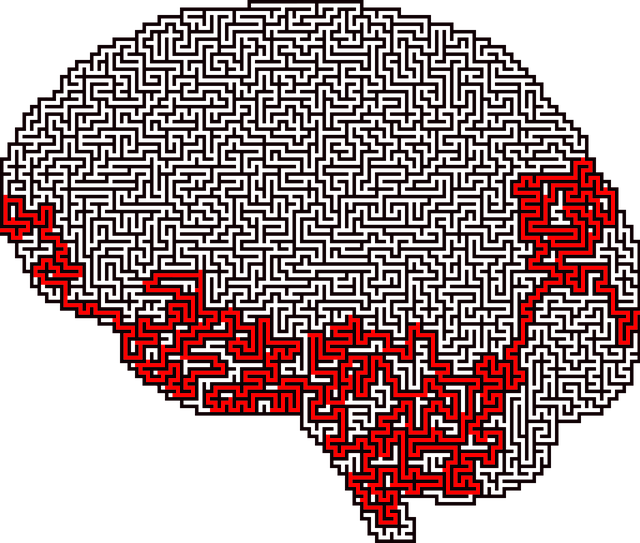Lone Tree Developmental Disability Therapy emphasizes comprehensive risk assessment, identifying both environmental hazards and individual client vulnerabilities. By integrating mental wellness coaching programs, therapists empower clients with resilience-building skills and positive thinking, fostering independence. Robust minimization strategies, developed through careful assessment, focus on proactive safety measures. Enhanced healthcare provider training and compassion cultivation practices ensure tailored, empathetic care, creating a supportive environment for positive outcomes. This holistic approach drives effective harm minimization planning, coordinating stakeholders to assess, prioritize, and intervene based on risk likelihood and impact, ensuring continuous improvement and client well-being.
Risk assessment and harm minimization planning are critical components of effective Lone Tree Developmental Disability Therapy. This comprehensive guide explores key strategies for understanding, identifying, and addressing potential risks and harms within therapeutic contexts. From recognizing vulnerabilities to implementing robust minimization strategies, each step is designed to enhance safety and foster positive outcomes for clients. Discover practical approaches that empower therapists to navigate challenges proactively, ensuring a supportive environment that promotes growth and development.
- Understanding Risk Assessment in Developmental Disability Therapy
- Identifying Potential Harms and Vulnerabilities
- Developing Effective Minimization Strategies
- Implementing and Monitoring a Comprehensive Plan
Understanding Risk Assessment in Developmental Disability Therapy

Risk assessment is a cornerstone in developmental disability therapy at Lone Tree Developmental Disability Therapy. It involves meticulously evaluating potential risks and hazards within various therapeutic settings to ensure the safety and well-being of individuals with developmental disabilities. This process considers both internal factors, such as individual client vulnerabilities, and external elements like environmental stressors. By thoroughly understanding these risks, therapists can proactively develop harm minimization plans tailored to each client’s unique needs.
At Lone Tree, mental wellness coaching programs development is integrated into risk assessment strategies. Promoting positive thinking and compassion cultivation practices not only enhances overall mental wellness but also serves as a protective factor against potential challenges. Through these therapeutic approaches, clients are equipped with resilience-building skills, enabling them to navigate their environments with greater confidence and adaptability. This holistic view of risk management ensures that therapy goes beyond addressing symptoms, fostering true empowerment and independence for individuals navigating developmental disabilities.
Identifying Potential Harms and Vulnerabilities

Identifying potential harms and vulnerabilities is a crucial step in risk assessment for any therapeutic setting, especially when catering to individuals with developmental disabilities at Lone Tree Developmental Disability Therapy. This process involves a comprehensive review of various factors that could pose risks to the clients’ safety, well-being, or mental wellness. By carefully examining these aspects, therapists can develop tailored strategies to minimize harm and promote positive outcomes.
The assessment should encompass both environmental and individual considerations. For instance, evaluating the physical space for potential hazards, such as tripping risks or poor lighting, is essential. Additionally, understanding each client’s unique challenges and vulnerabilities, whether related to communication, mobility, or emotional regulation, allows for personalized self-care practices and mental wellness journaling exercise guidance. This proactive approach ensures that any risks are identified and managed effectively, fostering a secure and supportive environment for all participants.
Developing Effective Minimization Strategies

Developing effective minimization strategies is a cornerstone of risk assessment and harm minimization planning, particularly in settings like Lone Tree Developmental Disability Therapy. These strategies are designed to proactively mitigate risks and support individuals with developmental disabilities in managing challenging situations. By integrating coping skills development into therapy programs, healthcare providers can equip clients with the tools necessary to navigate triggers and emotions safely. This not only enhances their overall well-being but also fosters resilience and self-advocacy.
Moreover, enhancing healthcare provider cultural competency training and incorporating compassion cultivation practices can significantly contribute to harm minimization. Culturally sensitive care ensures that therapeutic interventions are tailored to meet the unique needs and perspectives of diverse individuals. Compassion cultivation, on the other hand, encourages empathy and understanding among caregivers, creating a supportive environment that promotes positive outcomes. These comprehensive approaches, when implemented in conjunction with rigorous risk assessment, can lead to more effective harm minimization planning at Lone Tree Developmental Disability Therapy and similar facilities.
Implementing and Monitoring a Comprehensive Plan

Implementing a comprehensive harm minimization plan is a multifaceted process that requires careful coordination between various stakeholders, including therapy providers like Lone Tree Developmental Disability Therapy. The first step involves assessing all potential risks within the context of Inner Strength Development and Mental Health Awareness. This includes identifying vulnerabilities, analyzing triggers, and understanding environmental factors that could contribute to adverse outcomes. Once identified, these risks must be prioritized based on likelihood and impact to guide targeted interventions.
Effective monitoring is integral to ensuring the plan’s success. Regular reviews should assess whether the implemented strategies are yielding the desired results. Data-driven analysis, informed by Mental Health Policy Analysis and Advocacy, allows for continuous improvement and refinement of the harm minimization plan. This ongoing process not only safeguards individuals’ well-being but also fosters a culture of resilience and adaptability in addressing emerging challenges.
Lone Tree Developmental Disability Therapy emphasizes the importance of risk assessment and harm minimization planning to ensure safe and effective support for individuals with developmental disabilities. By understanding potential risks, identifying vulnerabilities, and developing tailored minimization strategies, therapists can create comprehensive plans that promote positive outcomes. Implementing these strategies requires ongoing monitoring and adaptation, ensuring a dynamic approach that meets the unique needs of each individual. This structured approach is vital for fostering an inclusive and supportive environment, ultimately enhancing the quality of life for those in our care.














